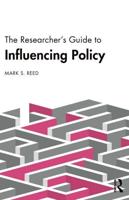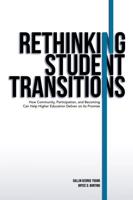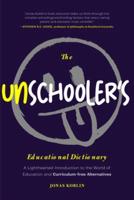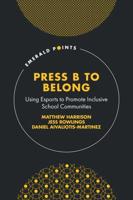Publisher's Synopsis
What should teachers do on the days after major events, tragedies, and traumas, especially when injustice is involved? This beautifully written book features teacher narratives and youth-authored student spotlights that reveal what classrooms do and can look like in the wake of these critical moments. Dunn incisively argues for the importance of equitable commitments, humanizing dialogue, sociopolitical awareness, and a rejection of so-called pedagogical neutrality across all grade levels and content areas. Teaching on Days After can be used to support current classroom teachers and to better structure teacher education to help preservice teachers think ahead to their future classrooms. Book Features: ● Narratives from teachers and students that represent a diverse range of identities, locations, grade levels, and content areas. ● Examples of days after that teachers remember, including 9/11, elections, natural disasters, gun violence, police brutality, social uprisings, Supreme Court decisions, immigration policies, and more. ● Examples of days after that K-12 and college-aged students remember, including what their teachers did and didn't do.









